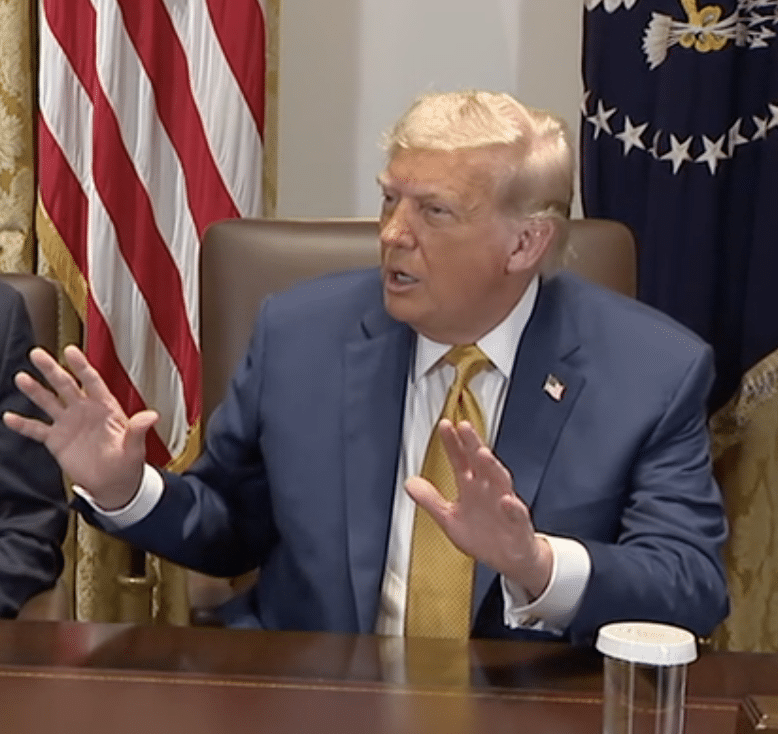
"The Court received a very compelling letter, dated August 5, 2025, from three leading victims' rights attorneys, who have stated: "[A]ny disclosure of grand jury material-especially material that could expose or help identify victims in any way-directly affects the CVRA's [18 U.S.C. §3771] fairness, privacy, conferral, and protection guarantees." [citation omitted] These attorneys represent "numerous survivors of Jeffrey Epstein, including several individuals whose names and identifying information appear in the subject materials." Id. at 1. Whether victims do or do not favor unsealing, it is imperative that victims have adequate notice of unsealing and adequate timem to respond in advance of disclosure."
"His opinion continued to focus on the victims, quoting several Jane Does and Annie Farmer. He twice recalled the powerful testimony from the victims after Epstein's death in 2019. He insinuated that DOJ would not - and probably is not - protecting the victims as they share information with Congress. Against that background, Berman noted that the government said it would, itself, release the files."
The unsealing request for Jeffrey Epstein grand jury materials was refused because victims lacked adequate notice under the Crime Victims' Rights Act and because disclosure could endanger victims' privacy and safety. Victims' rights attorneys warned that any release of grand jury material that could identify victims would undermine CVRA guarantees of fairness, privacy, conferral, and protection. Several survivors whose identifying information appears in the materials were cited. Victim testimony from 2019 was recalled as powerful. The government assembled a large trove of Epstein materials and indicated it would release files, raising concerns about victim protection upon disclosure.
Read at emptywheel
Unable to calculate read time
Collection
[
|
...
]